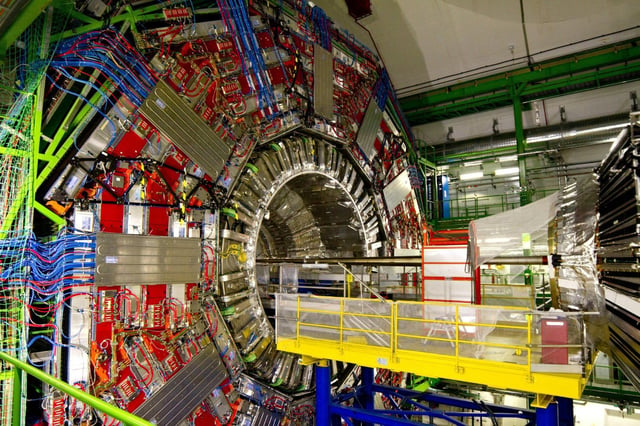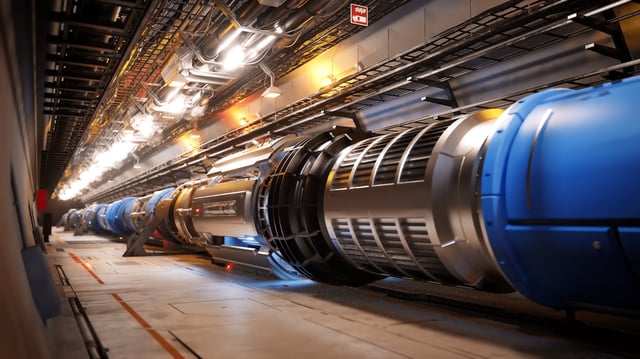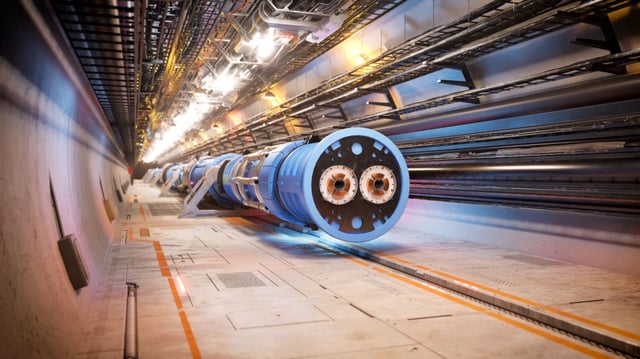Overview
- CERN has completed a feasibility study confirming no technical obstacles for the Future Circular Collider (FCC), a proposed 91-kilometer particle accelerator under France and Switzerland.
- The FCC aims to advance particle physics with eight times the energy of the Large Hadron Collider (LHC), enabling deeper exploration of dark matter, dark energy, and the Higgs boson.
- The project is estimated to cost $16-17 billion, with CERN stating that up to 80% of the cost could be covered by its existing budget, though funding approval by member states is required by 2028.
- Concerns over environmental impact, local disruptions, and the high cost persist, with Germany, CERN's largest contributor, expressing reservations about funding the project.
- If approved, construction is set to begin in 2033, with operations starting in the 2040s and a second phase planned for the 2070s, reflecting the project's generational scope.


